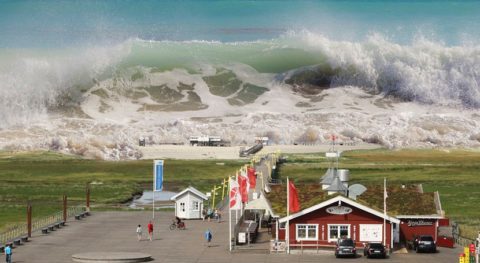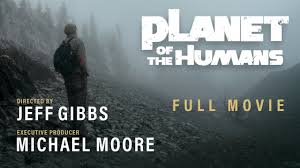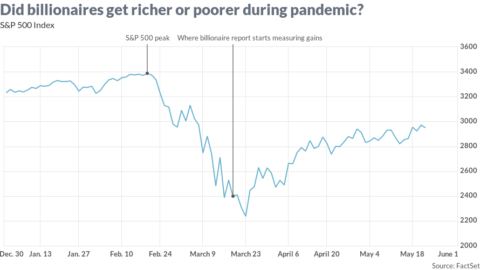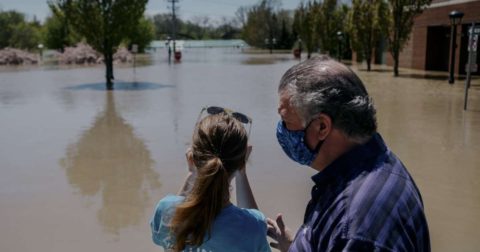Podcast: Play in new window | Download
Subscribe: RSS
 As someone who spent a decade researching and writing about the Civil War,* I am distressed when it is discussed, in what passes for civil discourse these days, as if it were a simplistic comic-book story with superheroes on one side, arch villains on the other, nothing in between, nothing to think about here.
As someone who spent a decade researching and writing about the Civil War,* I am distressed when it is discussed, in what passes for civil discourse these days, as if it were a simplistic comic-book story with superheroes on one side, arch villains on the other, nothing in between, nothing to think about here.
Perhaps you will not agree with me that to understand a civil war, or any war, one must go beyond the reasons given by the leaders who initiated it. (If you do not, you must then believe we went to war in Iraq to save the world from Saddam’s weapons of mass destruction, and I wish you well.) If you believe that thousands of young men in Minnesota, Ohio, Michigan, Iowa and such states voluntarily (at the beginning of the war, the draft came later) left their homes, flocked to their county seats, elected their colonels and marched south hundreds of miles to fight and die only in order to abolish slavery, then I have a slightly used bridge in Brooklyn to sell you. If you believe that Confederate soldiers on the verge of starvation, ill-equipped and -supplied in the face of the Union’s overwhelming strategic advantages, fought on past all expectations only because they wanted to preserve slavery, then the price for that bridge just went up.
Those who oversimplify the past are condemned to repeat it, because they oversimplify the present, too, and haven’t a clue about what’s going on around them. Let me bring up a few things other than slavery that we must be aware of if we want to grasp what happened to this country in the 1860s. Before it happens again. Continue reading






 As lovely as it is to see one’s beliefs confirmed in headlines — and as awful to see them contradicted — a life in journalism has taught me that a headline that is too good to be true, isn’t true, and one that is too awful to be believed, isn’t true either. An example of the former appeared in media everywhere last week, confirming deliciously what some of us firmly believe about the worsening inequality in America:
As lovely as it is to see one’s beliefs confirmed in headlines — and as awful to see them contradicted — a life in journalism has taught me that a headline that is too good to be true, isn’t true, and one that is too awful to be believed, isn’t true either. An example of the former appeared in media everywhere last week, confirming deliciously what some of us firmly believe about the worsening inequality in America: